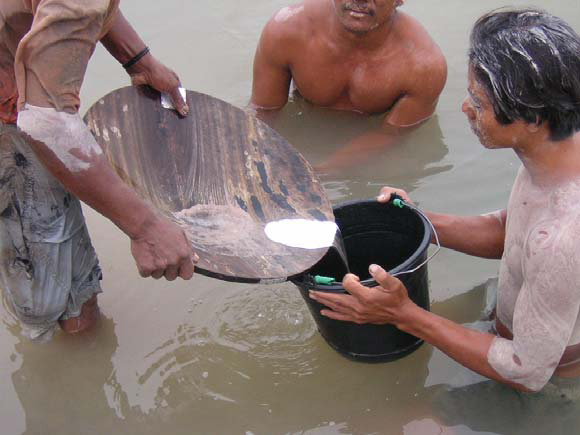Almost six years after signing on to the Minamata Convention on Mercury in October 2013, deliberations at a policy forum held to mark mining week earlier this week have described the current status of mercury use in the recovery of gold here as a “free-for-all” that “falls some way short of the robust commitment to eliminate mercury within a realistic time-frame.”
The assertion, made in a media release last Friday following a forum held to mark the start of Mining Week, points to the likelihood that the country’s mining sector could be hard-pressed to meet the deadline for the eradication of mercury use in gold recovery to which it committed itself under the Minamata Convention.
The Minamata Convention is a multilateral environmental agreement that addresses specific human activities which are contributing to widespread mercury pollution. Implementation of this agreement will help reduce global mercury pollution over the coming decades. The Convention is named after the Japanese city of Minamata, which experienced a catastrophic incidence of mercury poisoning, first discovered in 1956, after industrial wastewater from a chemical factory was discharged into the Minamata Bay, poisoning fish and shellfish, and resulting in what has since become known as Minamata disease (a neurological syndrome caused by severe mercury poisoning) as well as casualties among the inhabitants who consumed the infected seafood.

